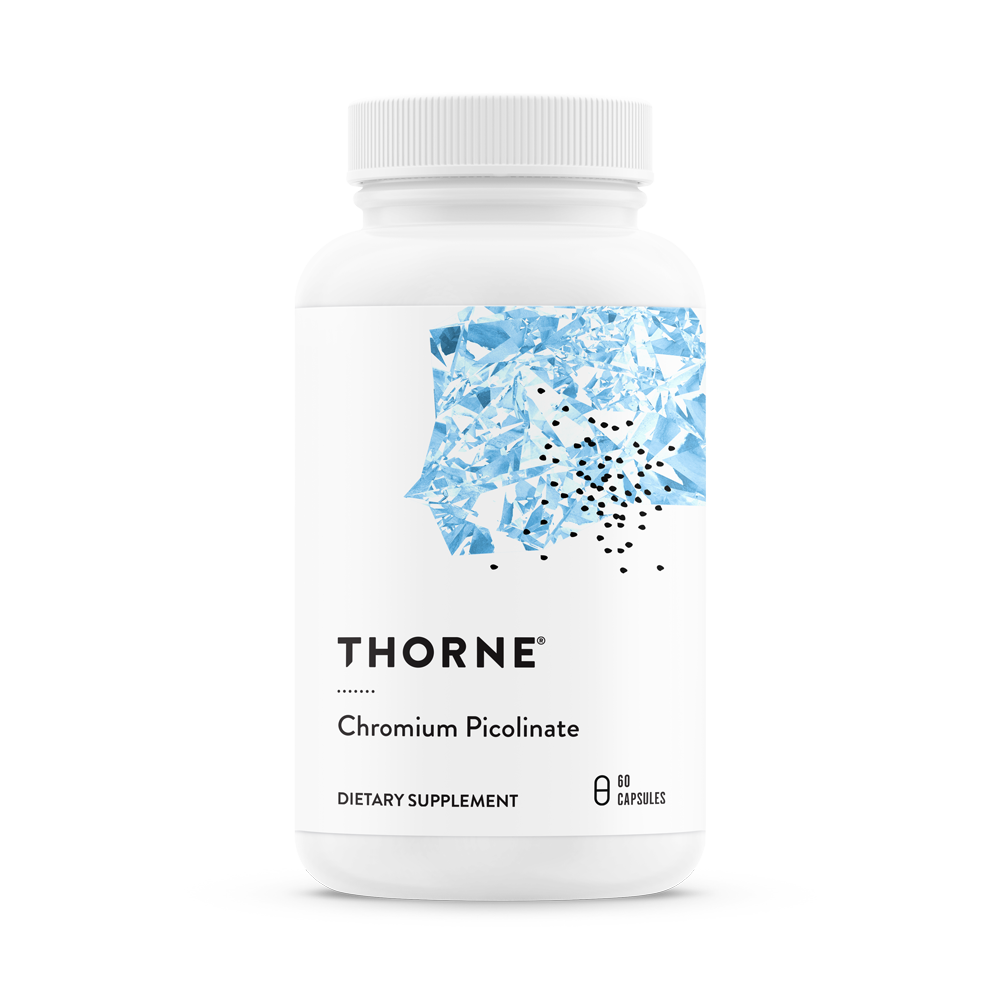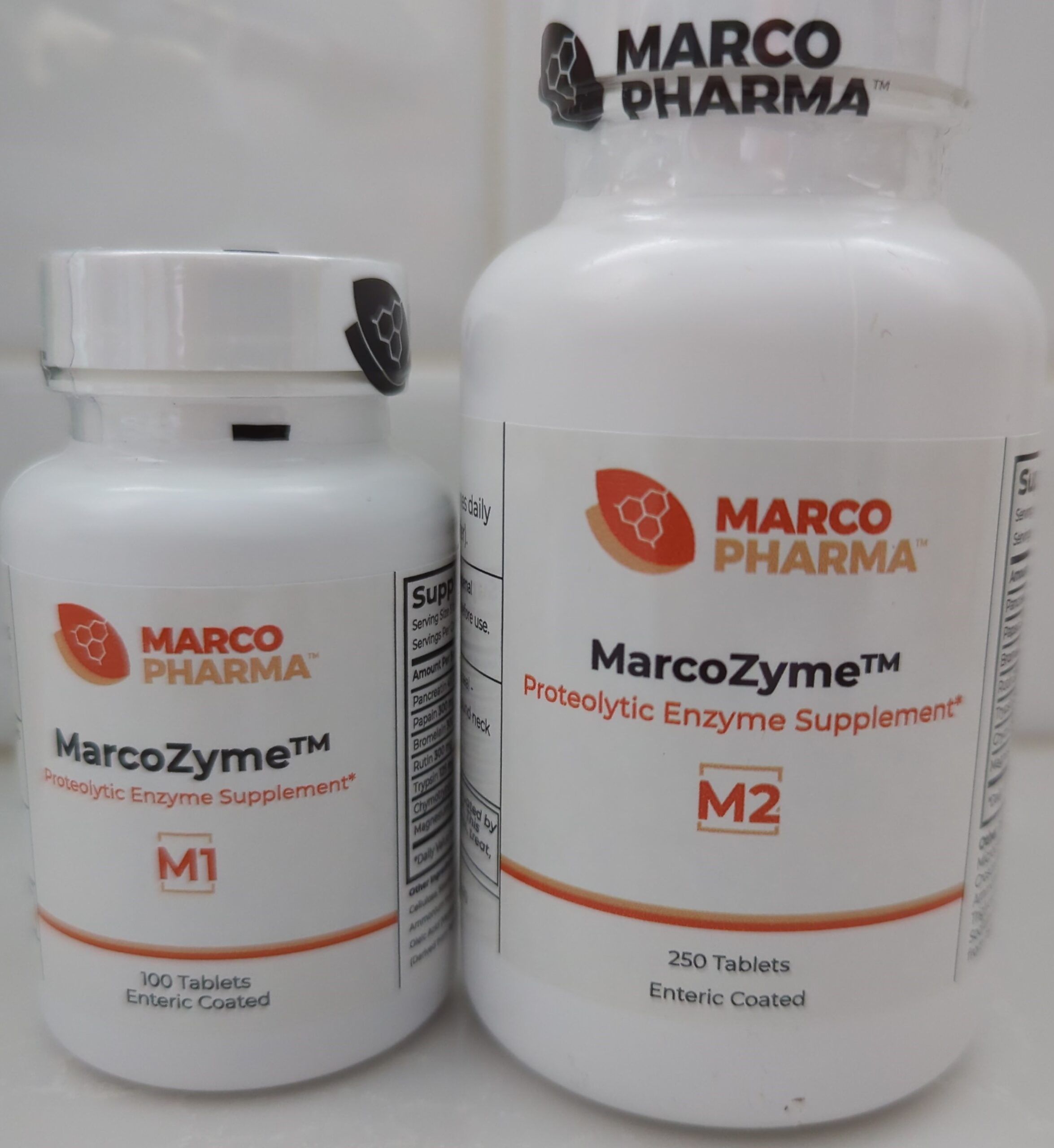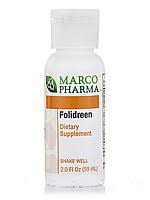Magnesium CitraMate 90 caps M272
The mineral magnesium is crucial for the body to function properly because magnesium is involved in more than 600 of the body’s enzymatic reactions. Magnesium CitraMate. According to World Health Organization statistics, as many as three of every four U.S. adults don’t achieve the U.S. Food and Drug Administration’s Recommended Daily Intake of 420 mg of magnesium. A magnesium deficiency can manifest in many ways, such as poor blood sugar metabolism, muscle cramps or soreness, eyelid twitching, fatigue, and poor sleep.
Why is magnesium important?
• Magnesium is essential for the health of the heart and blood vessels, brain, bones, muscles, and lungs.*
• Magnesium supports healthy blood sugar levels.*
• It promotes bronchial relaxation.*
• An essential mineral for the electrical activity of the heart, it supports healthy heart rate and rhythm.*
• Magnesium helps relax both smooth and skeletal muscle.*
• It supports the dilation of blood vessels (vasodilation), which maintains healthy blood pressure and optimal blood flow.*
• It supports healthy blood sugar by enhancing insulin sensitivity.*
• Magnesium is a cofactor for multiple enzymes involved in cellular energy production.*
Benefits: of Thorne’s Magnesium CitraMate:
• An easy-to-take-on-the-go capsule.
• A combination of magnesium citrate and dimagnesium malate – both well-absorbed forms of magnesium – that the body uses to produce cellular energy (the body process called the Krebs cycle or citric acid cycle).*
• Citrate has the added benefit of working with magnesium to support healthy kidneys by decreasing the levels of calcium oxalate and phosphate crystals in the urine.*
• Malate pairs well with magnesium to provide benefit for individuals with fatigue, and muscle tenderness.*
Magnesium CitraMate Warnings
ALLERGY WARNING
This product is contraindicated in an individual with a history of hypersensitivity to any of its ingredients.
PREGNANCY
If pregnant, consult your health professional before using this product.
INTERACTIONS
There are no known adverse interactions or contraindications at publication date.
ADDITIONAL WARNINGS
Gas, bloating, or diarrhea may occur in some individuals taking magnesium supplements. This can occur at varying amounts depending on the individual and resolves when the amount is reduced.
Key Ingredients
Ingredient Amounts
| Name | Amount |
|---|---|
| Magnesium (Citrate) | 55mg |
| Magnesium (Dimagnesium Malate) | 80mg |
| Other Ingredients: Hypromellose Capsule, Medium Chain Triglycerides |
Thorne Verified
How to Use Magnesium CitraMate
Take 1 capsule one to three times daily or as recommended by your health professional.
How Lack of Magnesium Impacts Athletes

With an estimated 75% of Americans failing to meet the recommended intake of magnesium,1 it might just be the biggest deficiency no one is talking about.
Because it’s an essential mineral your body doesn’t produce, magnesium must be obtained through food and supplementation. Magnesium is a cofactor in more than 600 of the body’s enzymatic reactions.
NEEDS IN ATHLETES
The body stores nearly all (99%) of its magnesium in the bones and other soft tissues, such as muscle, which makes its availability extremely important to athletes and anyone who trains or works out on a regular basis.
Although it’s found in many foods, such as whole grains, green leafy vegetables, and nuts, very few foods are considered to be magnesium rich.
Studies examining athletes in various sports – including soccer, gymnastics, and rugby – have shown low dietary intakes of magnesium,2-6 specifically in young athletes.7
The failure to achieve recommended magnesium levels can occur even when following a balanced diet that meets the needs for most other nutrients.
Aggravating the problem of inadequate intake, athletes can have a higher baseline need for magnesium because it is excreted through sweat and is involved in assisting carbohydrate and fat metabolism, energy production, protein synthesis, and healing – requirements that increase with physical activity.*
Studies suggest that strenuous exercise increases the need for magnesium by up to 20%.8
MUSCLE ENERGY
Magnesium is also a crucial factor in the production of ATP, which provides energy for the muscles.* Strenuous exercise greatly increases the demand for muscle energy and triggers a magnesium-dependent process to continuously supply the ATP needed to fuel performance.*
BONE HEALTH
With as much as 50% of the body’s total amount of magnesium stored in bone, magnesium is essential for bone health.
Inadequate intake is associated with bone disorders, and bone loss has been observed to increase in subjects who have low magnesium intake.*
Because the science of bone health during growth and exercise continues to evolve, the best advice for athletes, especially youth athletes, is to be aware of magnesium status on an ongoing basis given its role in predicting bone mineral density.9
KNOWING YOUR MAGNESIUM STATUS
Although studies have shown the benefits of correcting an existing deficiency and thereafter obtaining adequate magnesium, the jury is still out on its impact on performance when supplementing above the recommended limit.
Your primary focus should be on achieving an optimal magnesium level for your activity level.
Considering that less than 1% of the body’s magnesium is stored in the blood, a total serum magnesium level measured in a laboratory might not give an accurate picture of magnesium status. Testing red blood cell magnesium levels is a preferable way to monitor magnesium status.
References
1. World Health Organization. Calcium and Magnesium in Drinking Water: Public health significance. Geneva: World Health Organization Press; 2009.
2. Clark M, Reed D, Crouse S, Armstrong R. Pre- and post-season dietary intake, body composition, and performance indices of NCAA division I female soccer players. Int J Sport Nutr Exerc Metab 2003;13:303-319.
3. Noda Y, Iide K, Masuda R, et al. Nutrient intake and blood iron status of male collegiate soccer players. Asia Pac J Clin Nutr 2009;18:344-350.
4. Silva M, Paiva T. Low energy availability and low body fat of female gymnasts before an international competition. Eur J Sport Sci 2014;16:1-9.
5. Heaney S, O’Connor H, Gifford J, Naughton G. Comparison of strategies for assessing nutritional adequacy in elite female athletes’ dietary intake. Int J Sport Nutr Exerc Metab 2010;20:245-256.
6. Imamura H, Iide K, Yoshimura Y, et al. Nutrient intake, serum lipids and iron status of collegiate rugby players. J Int Soc Sports Nutr 2013;10:9.
7. Juzwiak C, Amancio O, Vitalle M, et al. Body composition and nutritional profile of male adolescent tennis players. J Sports Sci 2008;26:1209-1217.
8. Nielsen F, Lukaski H. Update on the relationship between magnesium and exercise. Magnes Res 2006;19(3):180-189.
9. Matias C, Santos D, Monteiro C, et al. Magnesium intake mediates the association between bone mineral density and lean soft tissue in elite swimmers. Magnes Res 2012;25:120-125.
Contact us for a nutritional consultation.






